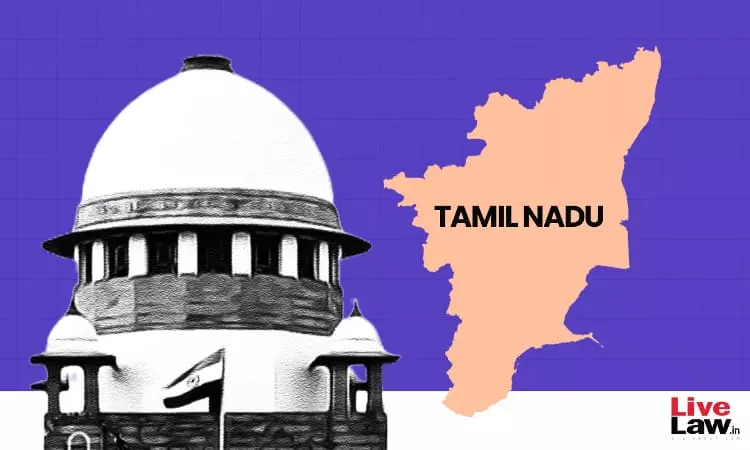The State of Tamil Nadu urged the Supreme Court on Wednesday to vacate the status quo ordered by it relating to the appointment of Archakas (poojari/priest) in Agamic Temples in the State. However, the State's plea was declined by the Apex Court. In August 2022, a division bench of the Madras High Court had read down the Tamil Nadu Hindu Religious Institutions Employees (Conditions of...

